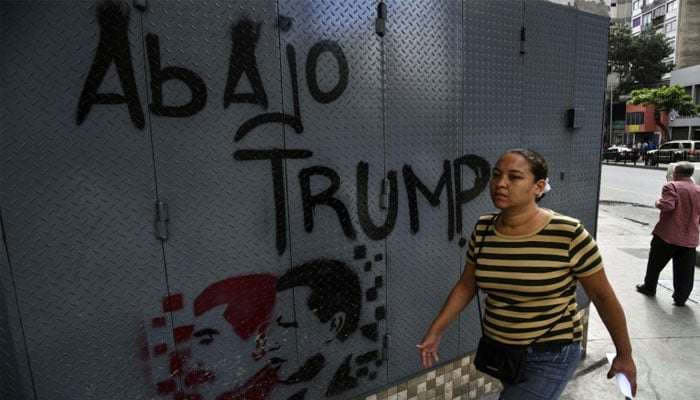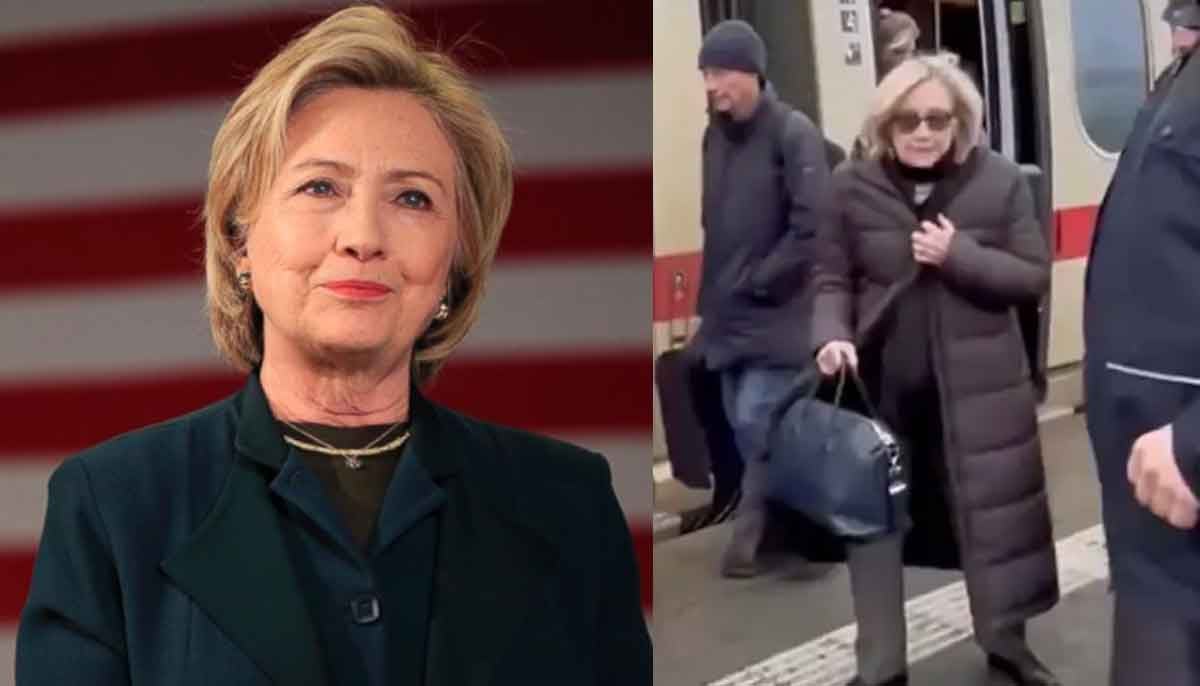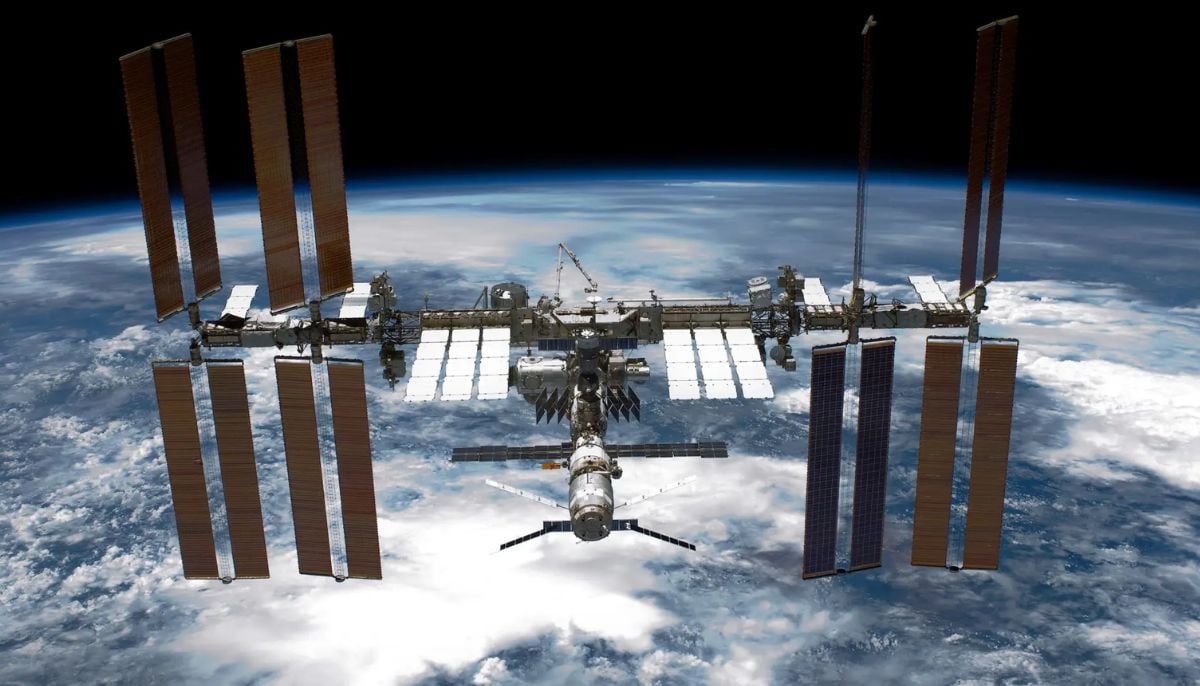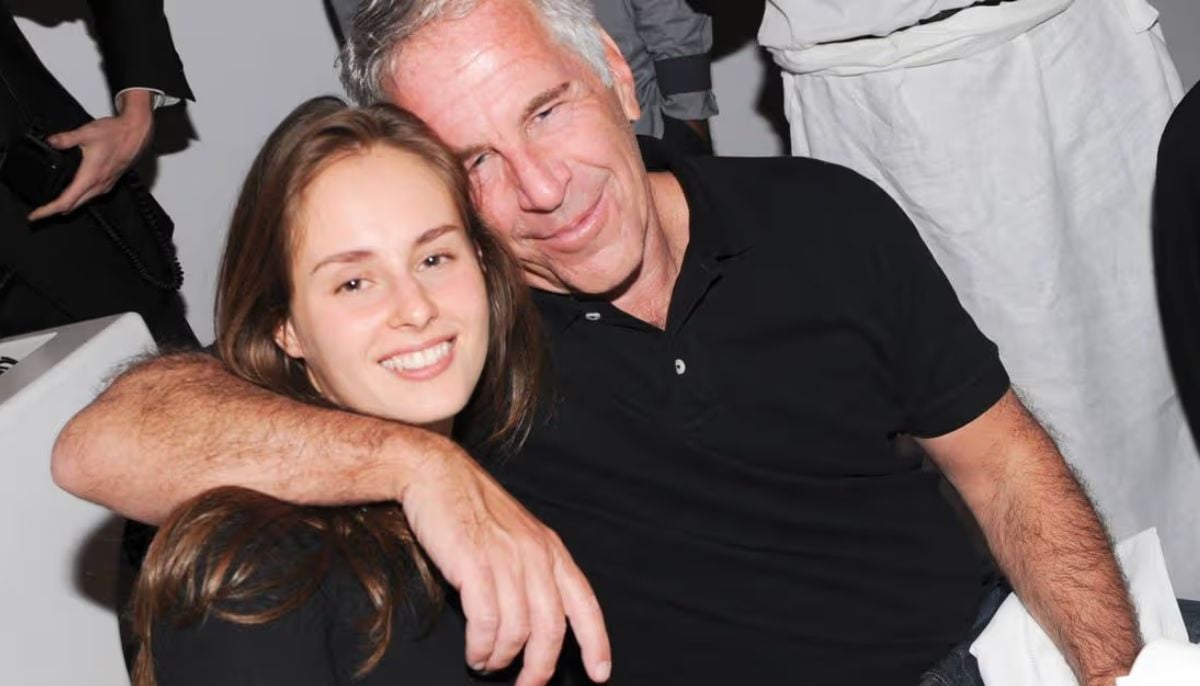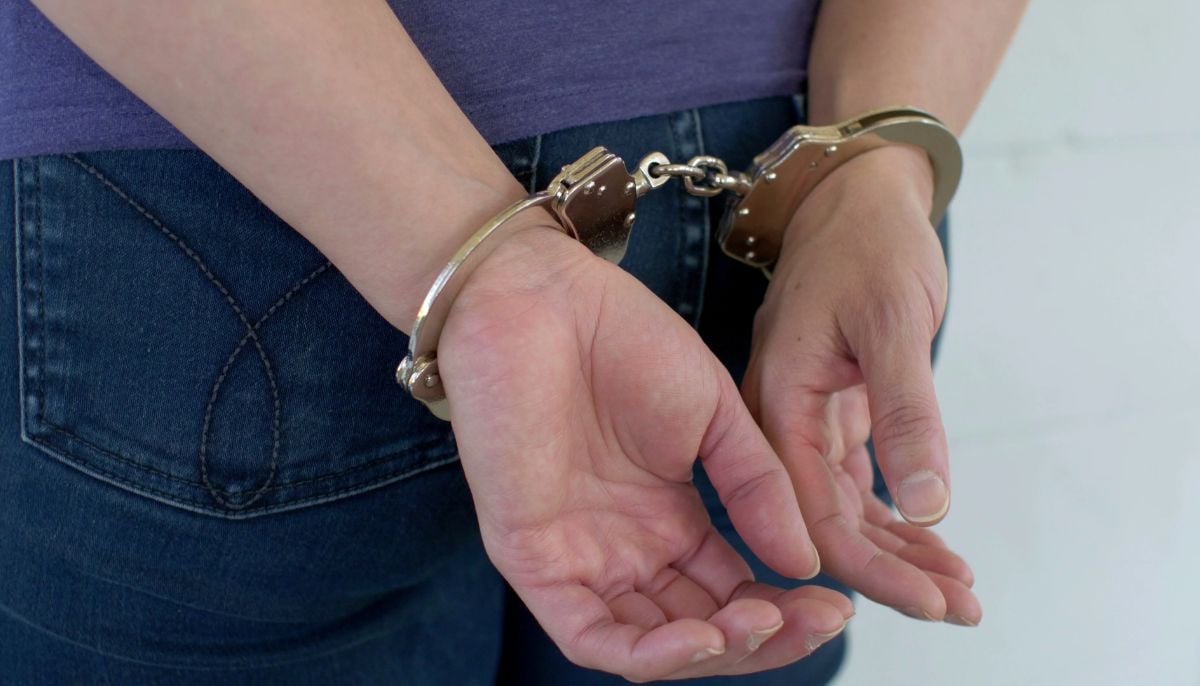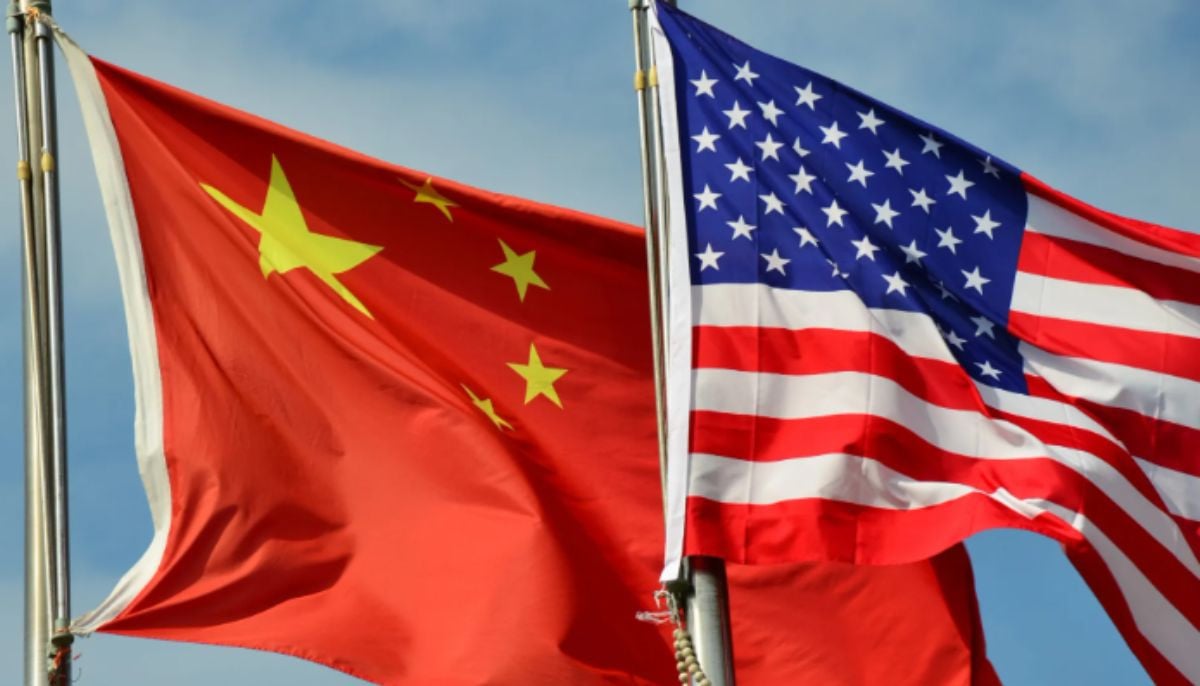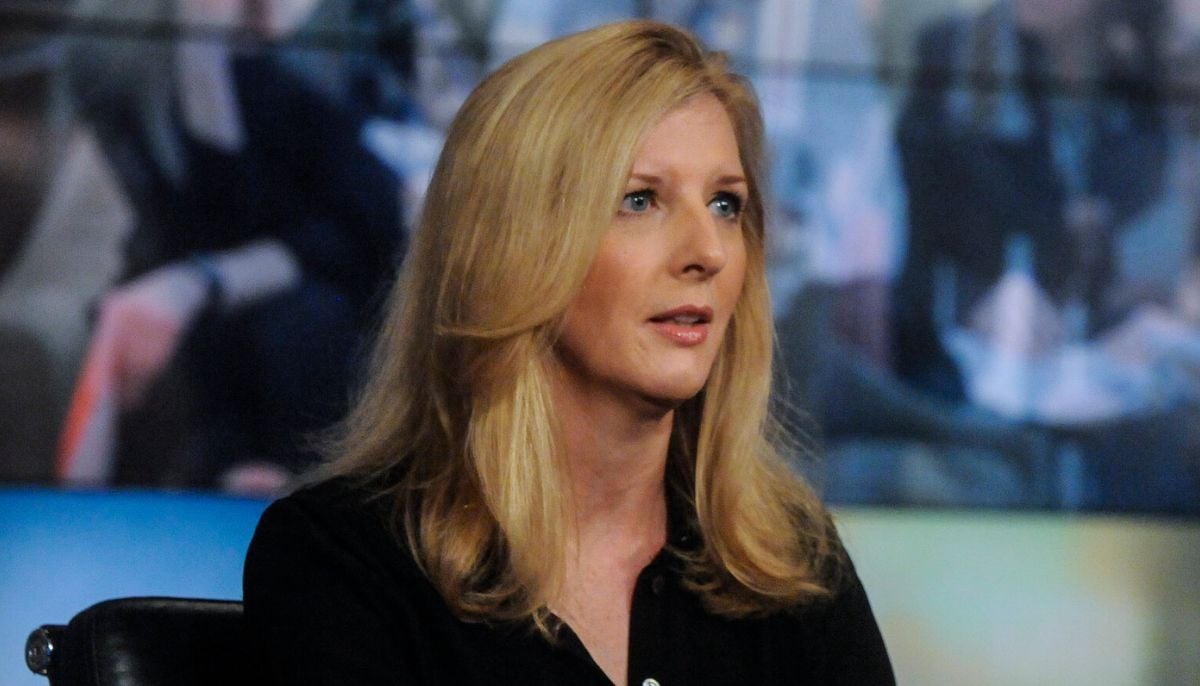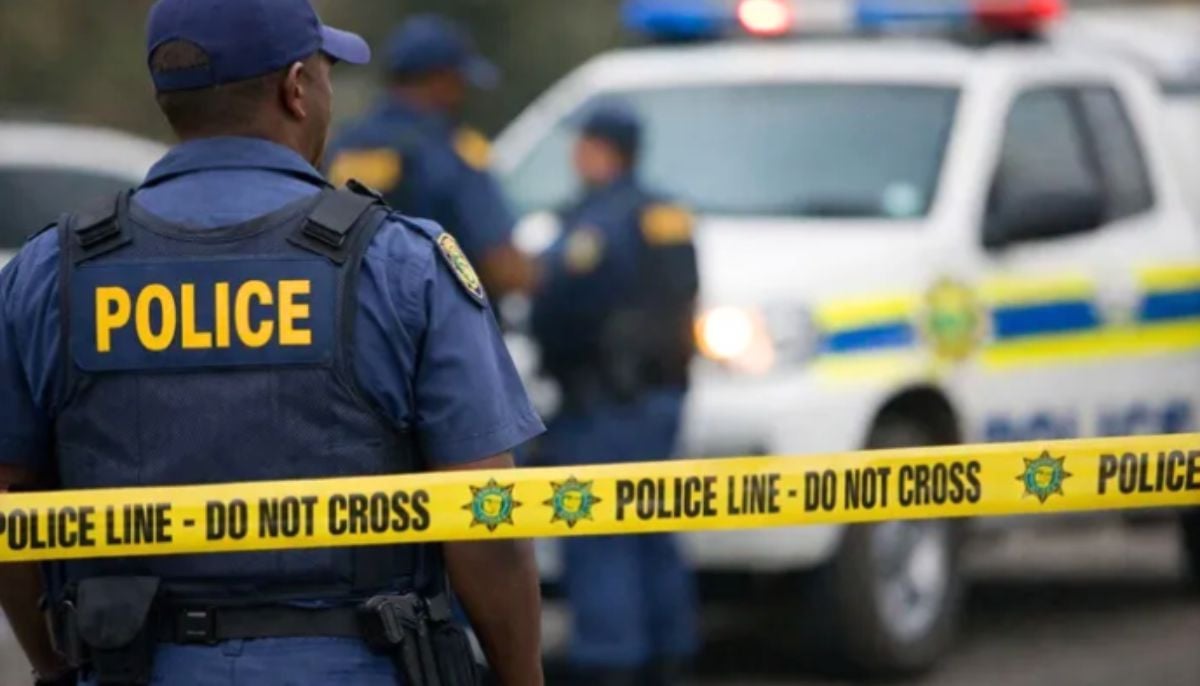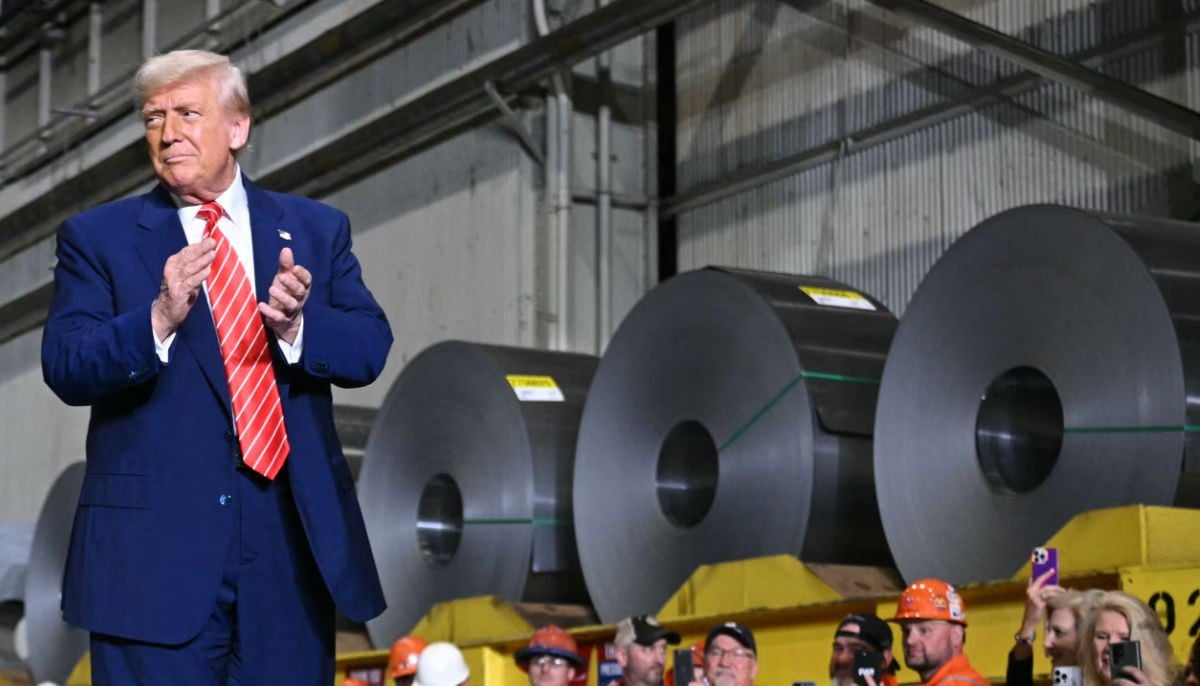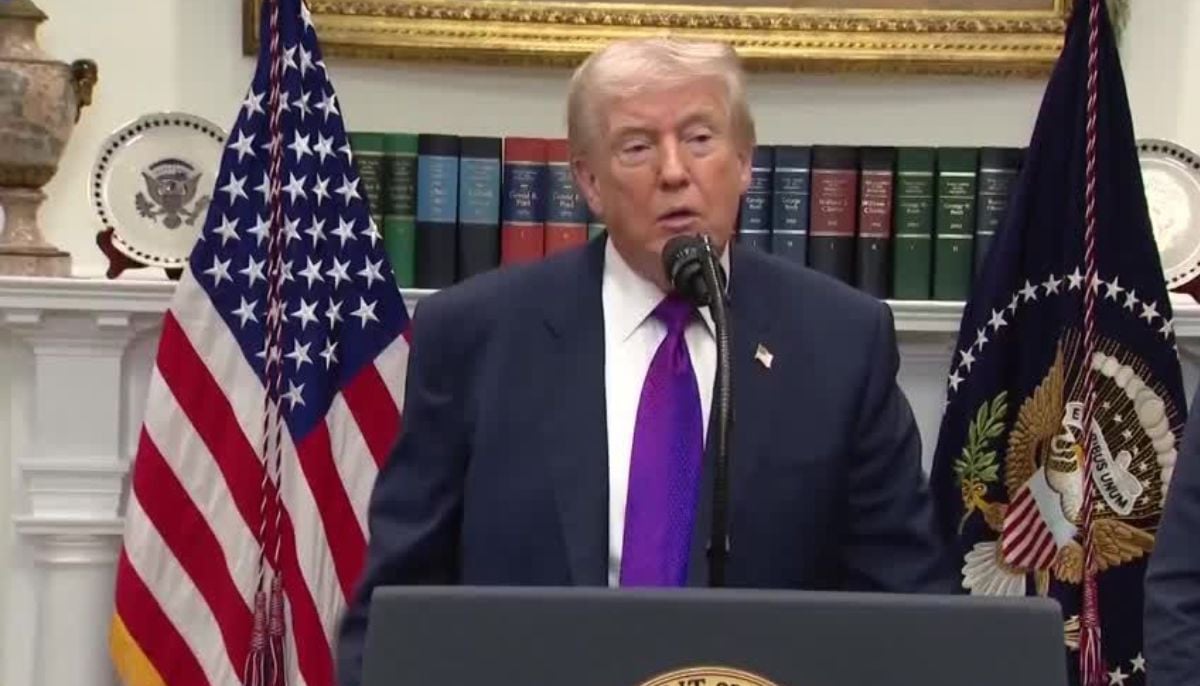Venezuela: Washington increases pressure on Maduro, who retaliates
Five days after recognizing the head of Parliament Juan Guaido as interim president of Venezuela, a country plunged into a serious crisis fearing a spiral of violence, the White House has attacked the oil company PDVSA, accused of being "a vehicle of corruption ".
The United States, by announcing Monday sanctions against the Venezuelan national oil company, have increased the pressure on the regime of Nicolas Maduro, which in turn intends to sue Washington.
Five days after recognizing the head of Parliament Juan Guaido as interim president of Venezuela, a country plunged into a serious crisis fearing a spiral of violence, the White House has attacked the oil company PDVSA, accused of being "a vehicle of corruption ".
According to the US Treasury, these sanctions, which prohibit PDVSA from trading with US entities and freeze its assets abroad, are intended to prevent "misappropriation of more resources" by Nicolas Maduro.
The refineries of Citgo, a subsidiary of PDVSA in the United States, will continue to operate, financial transactions passing through a blocked account, said US Treasury Secretary Steven Mnuchin.
Maduro responded on Venezuelan state television on Monday, saying he "gave specific instructions to the president of PDVSA to engage in political and legal action in US and world courts to defend the property and wealth of the country. Citgo. "
"The United States has decided today to take the path of stealing the company Citgo in Venezuela, it is an illegal way," he also denounced at a ceremony to welcome Venezuelan diplomats back in the country after the break of diplomatic relations between Caracas and Washington.
Meanwhile, Juan Guaido announced Monday take control of Venezuela's assets abroad, in order to prevent Nicolas Maduro, in power since 2013, from squandering them in case he leaves the presidency.
"We are beginning the gradual and orderly takeover of our Republic's assets abroad, to prevent the usurper and his gang from trying to" scratch the funds + "at the moment of its release. he said.
- "5,000 soldiers in Colombia"? -
John Bolton, a national security adviser for the White House, urged the Venezuelan army and security forces to accept the "peaceful, democratic and constitutional" transition from power.
He again called on Monday "all responsible countries" to immediately recognize Mr. Guaido as interim president.
Asked about a possible US military intervention, he reaffirmed, as Donald Trump had done, that "all the options" were on the table.
The review of photos from this press briefing caused perplexity. At the top of the yellow notepad that Mr. Bolton held in his hand was the handwritten line, "5,000 Soldiers in Colombia."
Canada will host an emergency meeting of the Lima Group next Monday in Ottawa, which it is working with a dozen Latin American countries. "There are serious challenges in terms of security, humanitarian aid and immigration," said Foreign Minister Chrystia Freeland.
At the same time, EU Foreign Ministers will address the crisis at an informal meeting in Bucharest on Thursday and Friday.
Venezuela, oil country ruined after being the richest in Latin America, is at the center of the international diplomatic spectrum: on the side of Mr. Guaido include the United States, a large part of Europe and the United States. Latin America, while Maduro is supported by Russia, China, North Korea, Turkey and Cuba.
Six European countries (Spain, France, Germany, United Kingdom, Portugal, Netherlands) gave Nicolas Maduro until Sunday to call elections, failing which they will recognize Juan Guaido as president.
So far, Nicolas Maduro is inflexible and rejects the ultimatum of Europeans.
The opponent Juan Guaido calls to parade again Wednesday, "to demand the armed forces that they stand on the side of the people", then Saturday, "to support the support of the European Union and the ultimatum".
- Loyalty of the army -
The roots of the crisis go back to the end of 2015, when the opposition won the parliamentary elections, gaining a majority in Parliament.
Very quickly, Mr. Maduro responded with a Constituent Assembly, composed only of his supporters, who confiscated most of the prerogatives of the deputies.
Discouraged, the opposition boycotted the presidential election of May 2018 and considers the second term won by Mr. Maduro fraudulent.
It is therefore under a section of the Constitution on what he considers a vacancy of power that Mr. Guaido has proclaimed himself acting president.
His goal? Organize elections and take the country out of its economic slump, between hyperinflation (10,000,000% in 2019 according to the IMF) and shortages, with a bolivar that was once again devalued Monday by the authorities, this time by 35%.
To achieve this, Juan Guaido seeks to crack the loyalty of the army, essential to keep Nicolas Maduro in power. He therefore offers amnesty to the officials and military agreeing to support him.
As the White House has pointed out, divisions are beginning to appear within the military. Venezuela's military attaché to Washington, Colonel José Luis Silva defected on Saturday.
This crisis is likely to affect the "balance of the oil market", warned the Saudi energy minister Khaled al-Falih, because the country has the largest reserves of crude in the world, even if its production has dropped.
-
Columbia university sacks staff over Epstein partner's ‘backdoor’ admission
-
Ohio daycare worker 'stole $150k in payroll scam', nearly bankrupting nursery
-
Michelle Yeoh gets honest about 'struggle' of Asian representation in Hollywood
-
US, China held anti-narcotics, intelligence meeting: State media reports
-
Goldman Sachs’ top lawyer resigns over Epstein connections
-
Manhunt continues for suspect who killed 2 at South Carolina State University
-
Trump considers scaling back trade levies on steel, aluminium in response to rising costs
-
Trump revokes legal basis for US climate regulation, curb vehicle emission standards
